1. Ali MacGraw
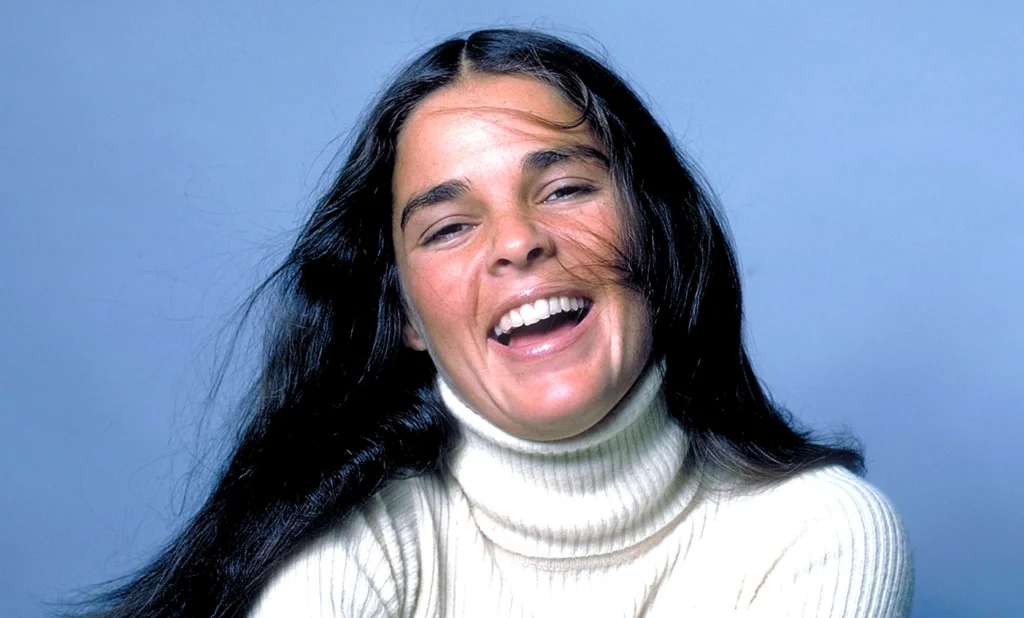
Ali MacGraw became a household name after starring in Love Story in 1970, a film that cemented her as one of the most recognizable actresses of the decade. Her beauty and charm made her a favorite, and she quickly found herself in other notable films like The Getaway. For a time, she seemed unstoppable, and Hollywood was eager to make her one of its leading ladies. But fame wasn’t always a comfortable fit for her, and the whirlwind of stardom soon felt overwhelming.
After a string of high-profile relationships, including her marriage to Steve McQueen, MacGraw slowly pulled away from Hollywood. She eventually moved to New Mexico, where she found a more peaceful life far from the chaos of Los Angeles. While she occasionally appeared on screen, she focused much more on personal pursuits like yoga and activism. Today, she’s remembered not only for her movies but also for choosing a quieter, more intentional path.
2. Gene Hackman
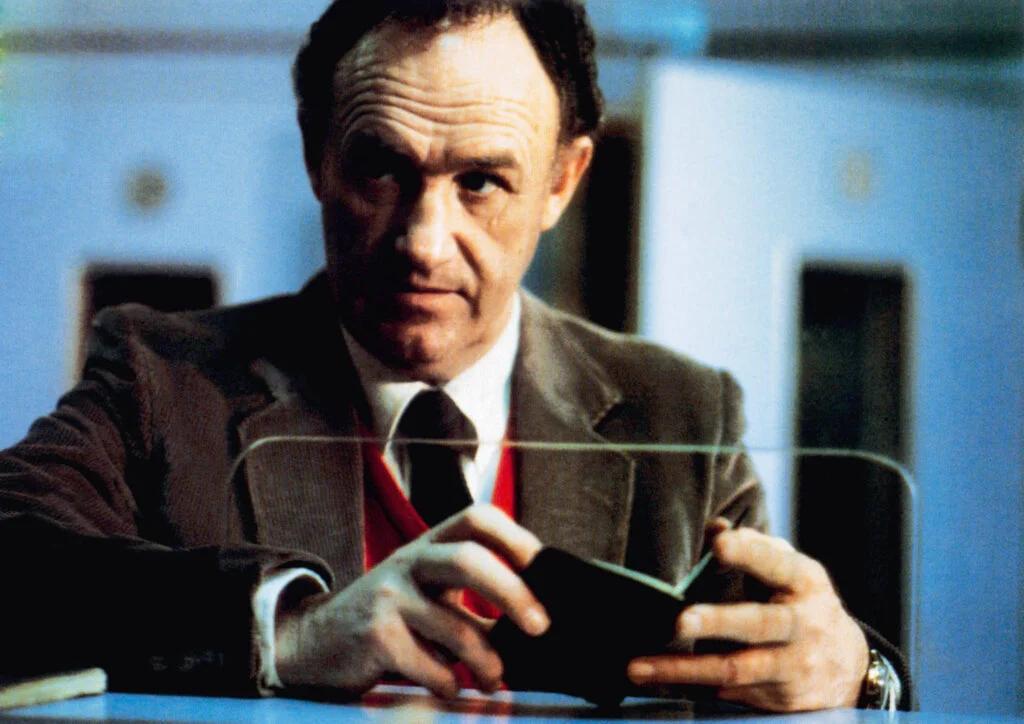
Gene Hackman was everywhere in the 1970s, starring in The French Connection, Superman, and The Conversation. His gritty performances and commanding presence made him one of the most respected actors of his generation. Fans loved his ability to play both tough lawmen and deeply flawed characters with equal intensity. His career stretched on for decades, proving he was one of the greats.
But in 2004, Hackman announced that he was done with acting altogether. He quietly slipped out of the spotlight, choosing to dedicate his time to writing novels and enjoying retirement. For someone who had worked tirelessly in Hollywood, the break was well-earned. Even though audiences miss seeing him on the big screen, Hackman’s decision showed that sometimes, the best curtain call is the one you choose yourself.
3. Tuesday Weld
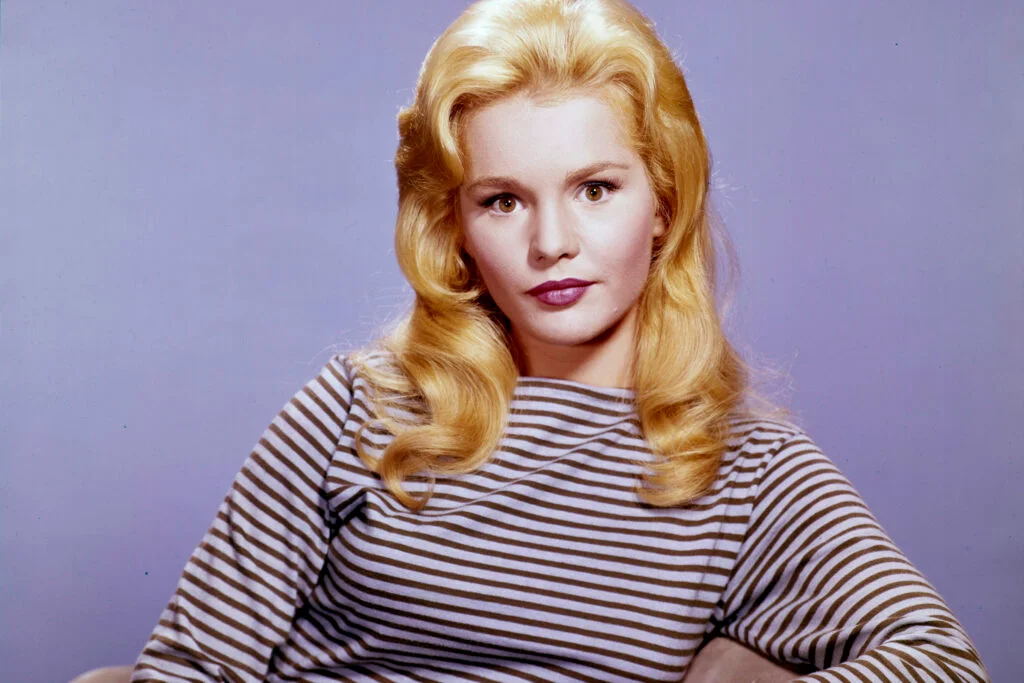
Tuesday Weld was a rising star in the ’70s, known for films like Looking for Mr. Goodbar and Play It as It Lays. She had a knack for portraying complex, often troubled women with raw honesty. Critics praised her work, and many expected her to dominate the decade. But despite her obvious talent, Weld was never comfortable with the Hollywood lifestyle.
By the late ’70s and early ’80s, she had started stepping away from bigger projects. She still acted occasionally but preferred a much lower profile. Weld valued her privacy and sought fulfillment outside the demanding spotlight of Hollywood. Her legacy remains strong among film enthusiasts who recognize her as one of the era’s most gifted but elusive stars.
4. Richard Benjamin
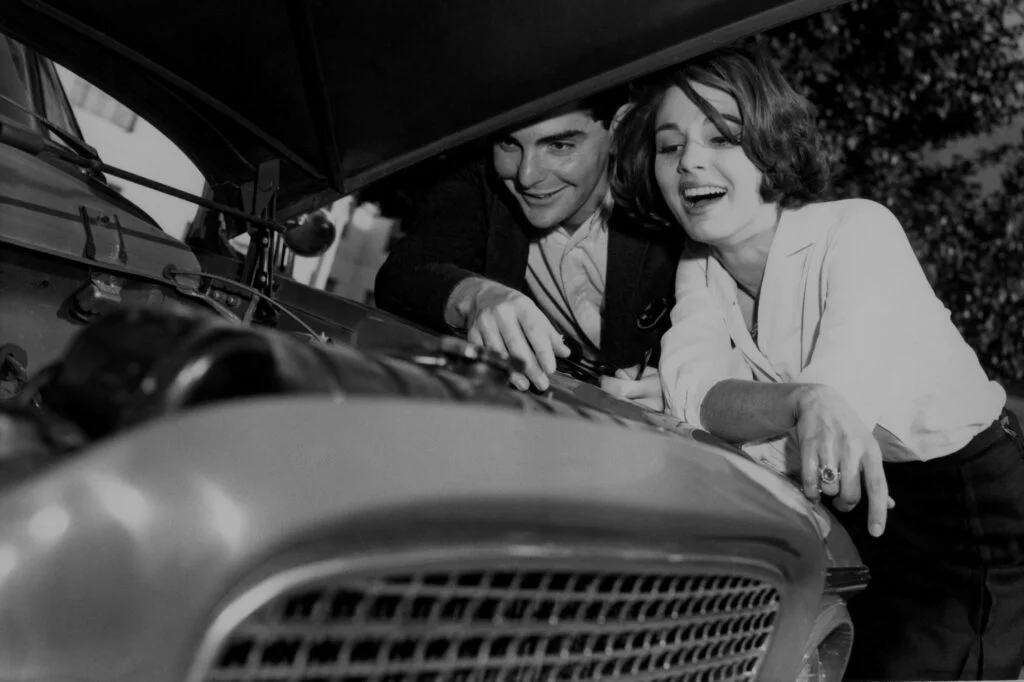
Richard Benjamin had quite a run in the ’70s, starring in films like Goodbye, Columbus and Westworld. He brought humor and relatability to his roles, often playing characters who were caught in awkward or intellectual predicaments. His career gave him plenty of attention, but he was never quite the typical leading man.
Instead of chasing the spotlight, Benjamin found a new calling behind the camera. He transitioned into directing and made films like My Favorite Year and The Money Pit. While he still acted occasionally, his focus shifted, and eventually he settled into a quieter life. It was a graceful way of moving on, without the drama of a big Hollywood exit.
5. Jacqueline Bisset
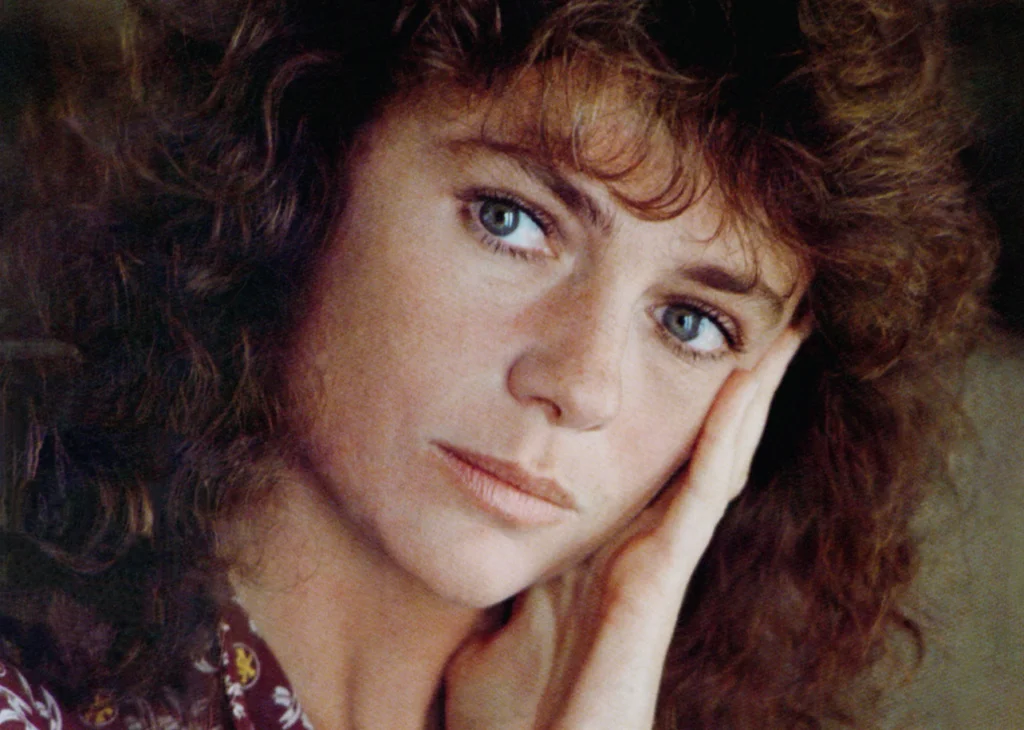
Jacqueline Bisset was everywhere in the 1970s, from Airport to The Deep. She was glamorous, talented, and had the kind of presence that made her unforgettable. Hollywood often leaned into her image as an international beauty, but she proved she had acting chops to back it up. Her career seemed limitless during that time.
Over the years, though, Bisset became more selective about her projects. While she never officially retired, she avoided the constant hustle of Hollywood. She embraced a quieter life, splitting her time between acting and her personal passions. For fans, she’ll always be tied to that golden era when her face seemed to be everywhere.
6. Ryan O’Neal
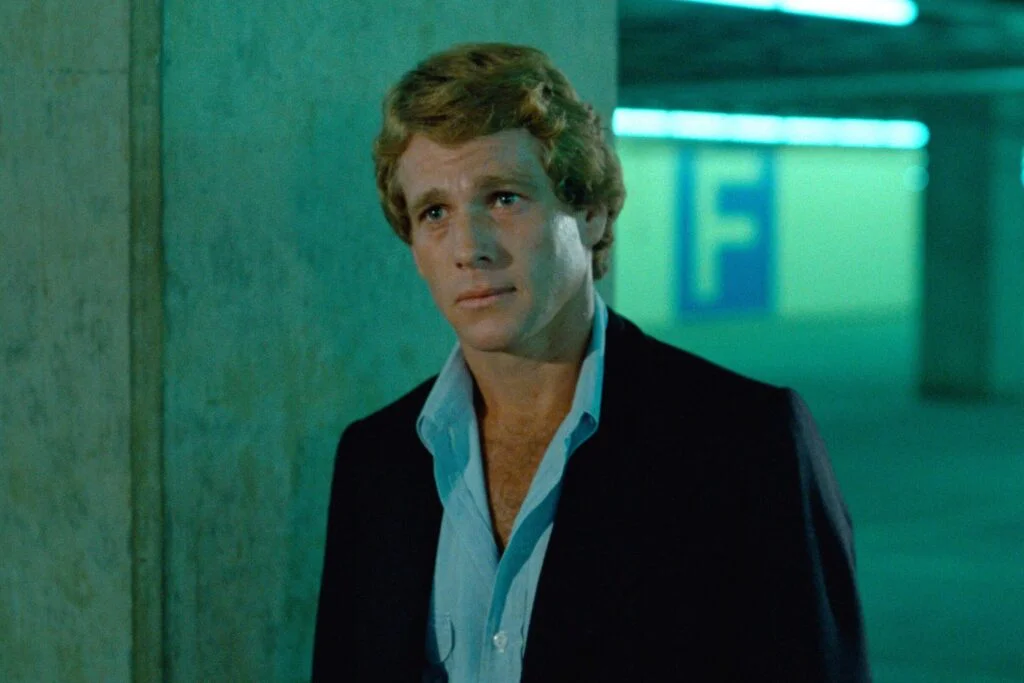
Ryan O’Neal rose to fame with Love Story and quickly became a heartthrob of the ’70s. He starred in everything from romantic dramas to comedies, often winning over audiences with his easy charm. His pairing with Ali MacGraw in Love Story made him one of the most bankable stars of the decade.
But O’Neal’s career cooled in the ’80s, and he never quite reached the same heights again. He largely stepped out of the spotlight in later years, making only occasional appearances. His personal life, including his long relationship with Farrah Fawcett, often overshadowed his career. By the time he drifted away from Hollywood, his legacy as a ’70s icon was already secured.
7. Cybill Shepherd
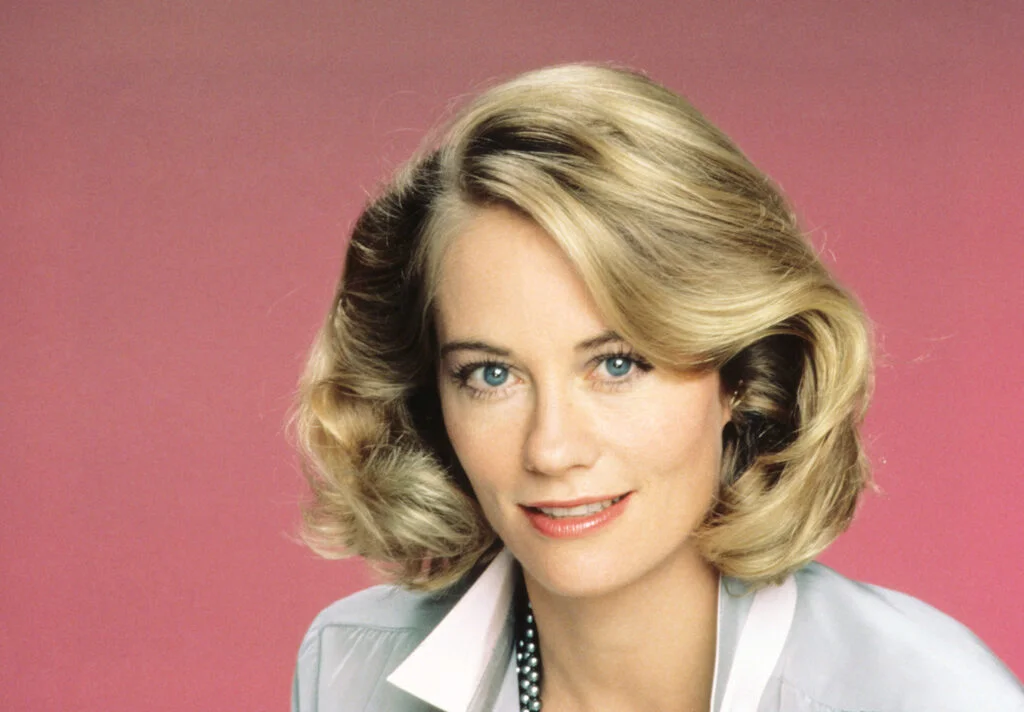
Cybill Shepherd became a breakout star in the ’70s with films like The Last Picture Show and Taxi Driver. Her striking looks and undeniable charisma made her a natural fit for the big screen. She seemed poised to be one of the defining actresses of the decade.
But Shepherd often found herself disillusioned with Hollywood and its demands. She later found success on television, but eventually, she chose to slow things down altogether. Shepherd focused more on family, personal projects, and a quieter existence. Her departure from the Hollywood grind was a reminder that even stars sometimes crave a simpler life.
8. George Segal
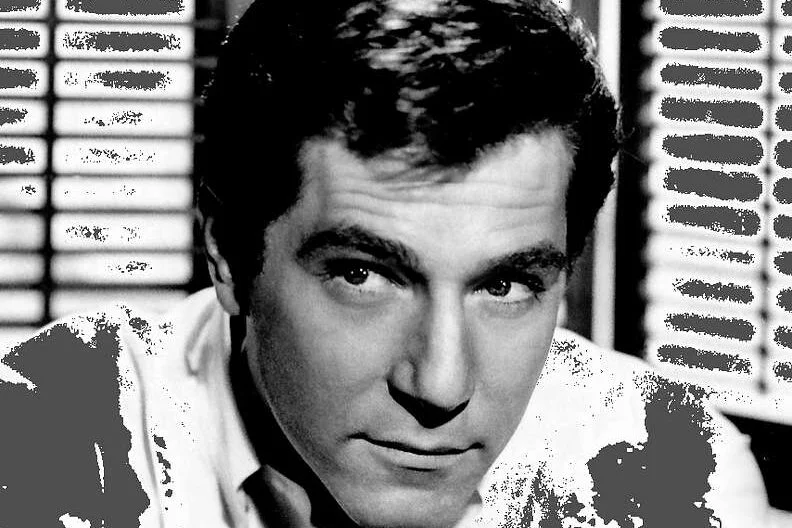
George Segal was a familiar face in the ’70s, starring in films like A Touch of Class and California Split. He had an easygoing style that made him relatable, even when he was playing flawed characters. His mix of charm and humor made him a steady presence on screen.
Eventually, Segal stepped away from big movie roles, finding more satisfaction in television work and personal endeavors. He still acted, but he never chased the spotlight the way he once had. By the time he eased out of the industry, he was content to leave behind the frantic pace of Hollywood. Fans still fondly remember him for his contributions during that golden era.
9. Jill Clayburgh
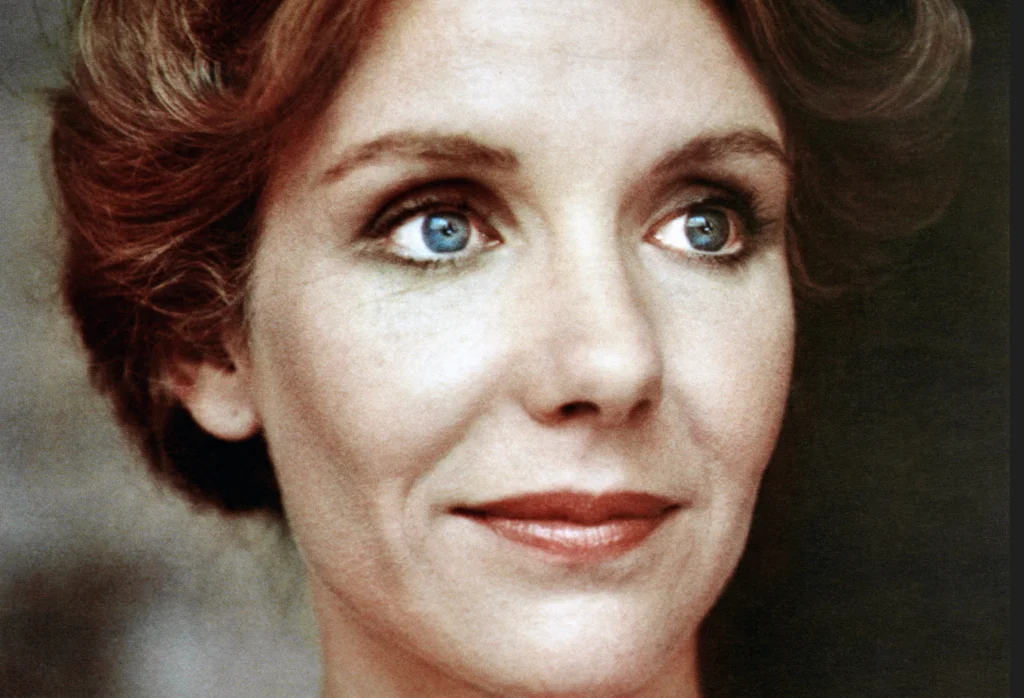
Jill Clayburgh was one of the most acclaimed actresses of the ’70s, with films like An Unmarried Woman that earned her Oscar nominations. She was admired for bringing depth and nuance to female roles that were often overlooked in Hollywood. For a time, it seemed like she would be a fixture in major films for decades.
But Clayburgh gradually reduced her work in the industry, focusing more on raising her family. She still acted here and there, but she was no longer at the center of Hollywood’s attention. Her decision to step back showed how priorities can shift, even for the most celebrated stars. Today, she’s remembered as someone who made her mark and then chose her own path.
10. Michael York
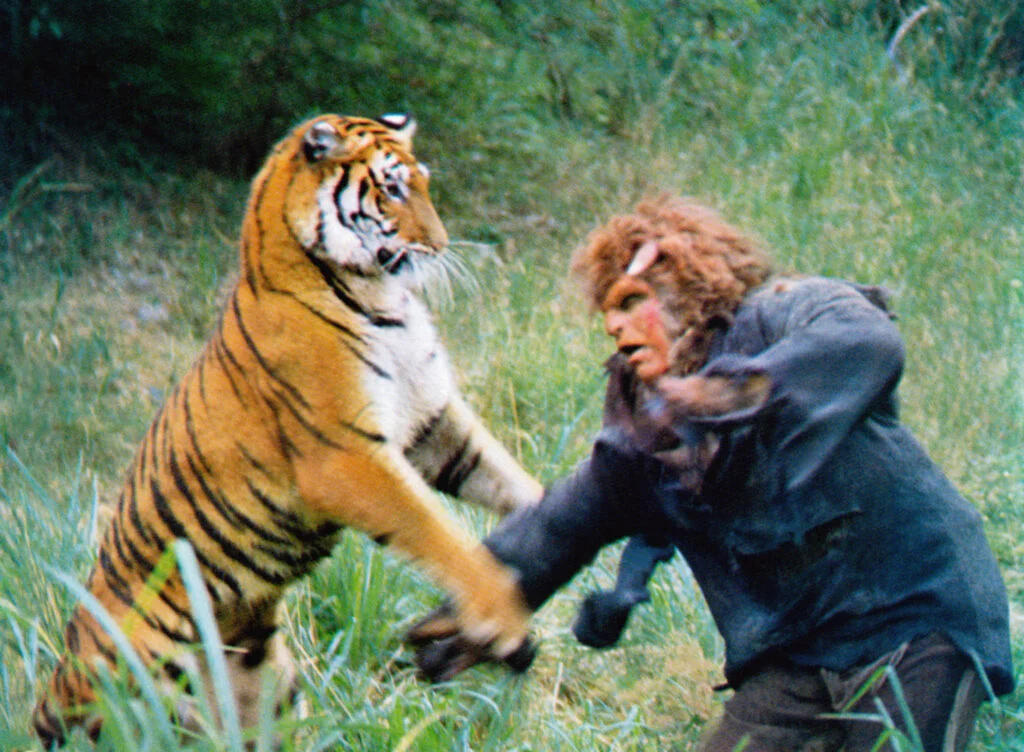
Michael York lit up screens in the ’70s with films like Cabaret and Logan’s Run. His refined presence and distinct voice made him instantly recognizable. He was often cast as the polished Englishman, and audiences loved it. His career seemed to be on an unstoppable upward trajectory.
But York slowly withdrew from the spotlight as the years went on. While he continued to work sporadically, he never again reached the heights of his ’70s fame. Instead, he embraced a quieter life and explored other creative outlets. For fans, he remains one of the most elegant stars of that time.
11. Mariel Hemingway
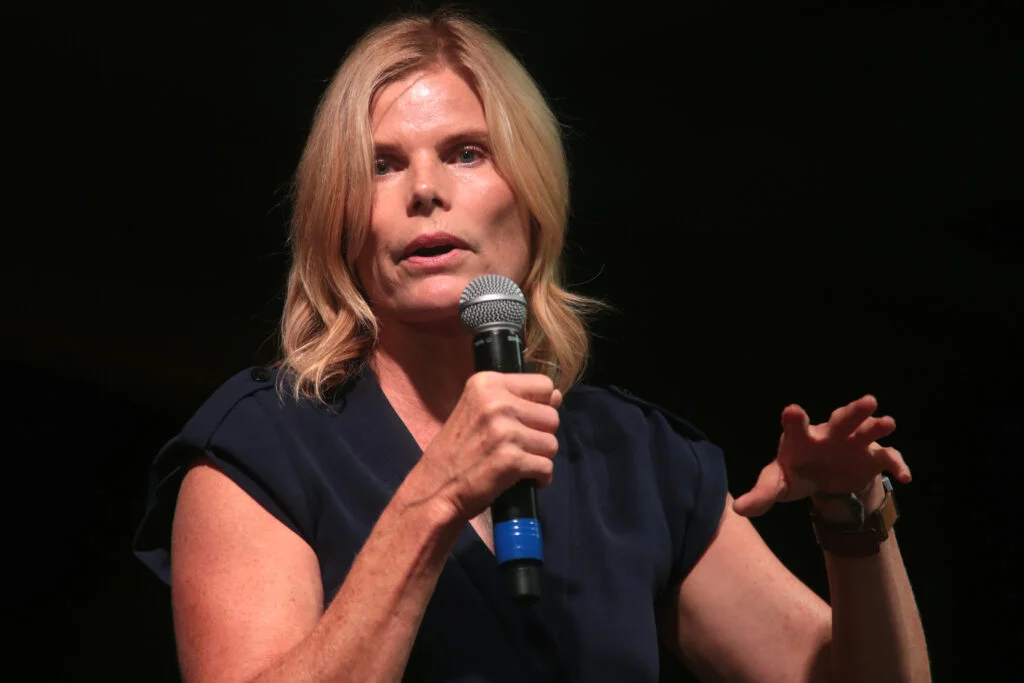
Mariel Hemingway broke through in the ’70s with Manhattan, which earned her an Oscar nomination at just 18 years old. She seemed destined for a long and glittering career. Her fresh-faced charm and talent made her stand out, especially as she navigated the pressures of Hollywood at such a young age.
But Hemingway eventually shifted her focus away from acting. She became a wellness advocate, writer, and public speaker, finding fulfillment in projects that felt more meaningful to her. While she made appearances on screen here and there, she no longer pursued fame the way she once did. Her story is one of choosing health and happiness over Hollywood.
12. James Caan
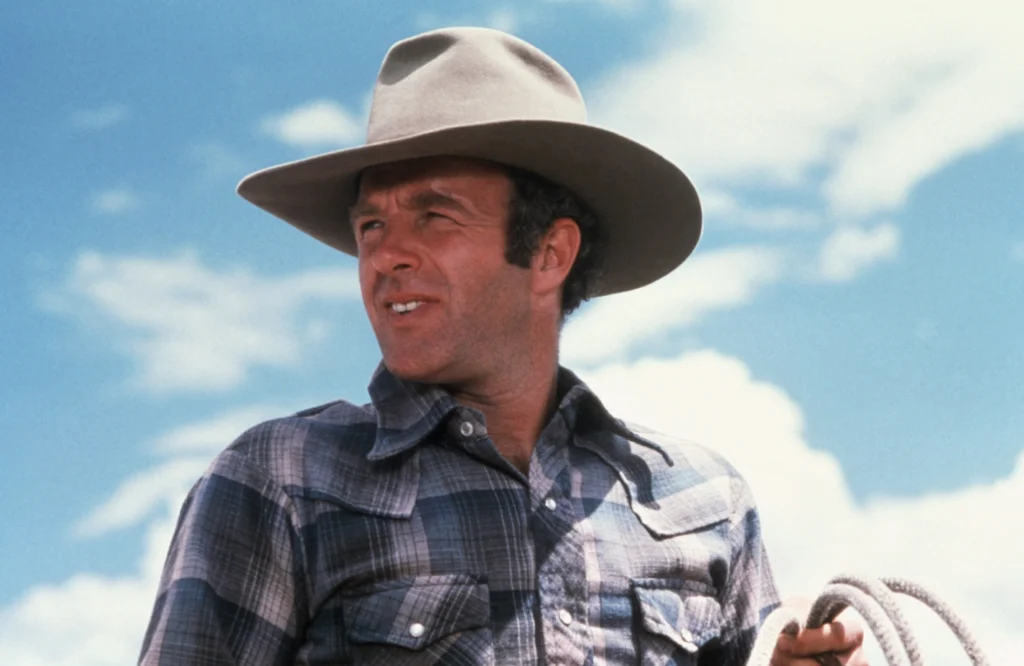
James Caan was unforgettable in The Godfather and became a go-to leading man throughout the ’70s. His rugged charisma and intensity made him stand out in films like Rollerball and Funny Lady. Audiences loved his mix of toughness and vulnerability.
But after years of nonstop work, Caan decided to step away from Hollywood for a period in the 1980s. He cited burnout and personal struggles as reasons for his retreat. When he did return, he picked his projects more carefully, never chasing fame in the same way. His decision to step back, even temporarily, showed that even the most magnetic stars sometimes need distance from the spotlight.


